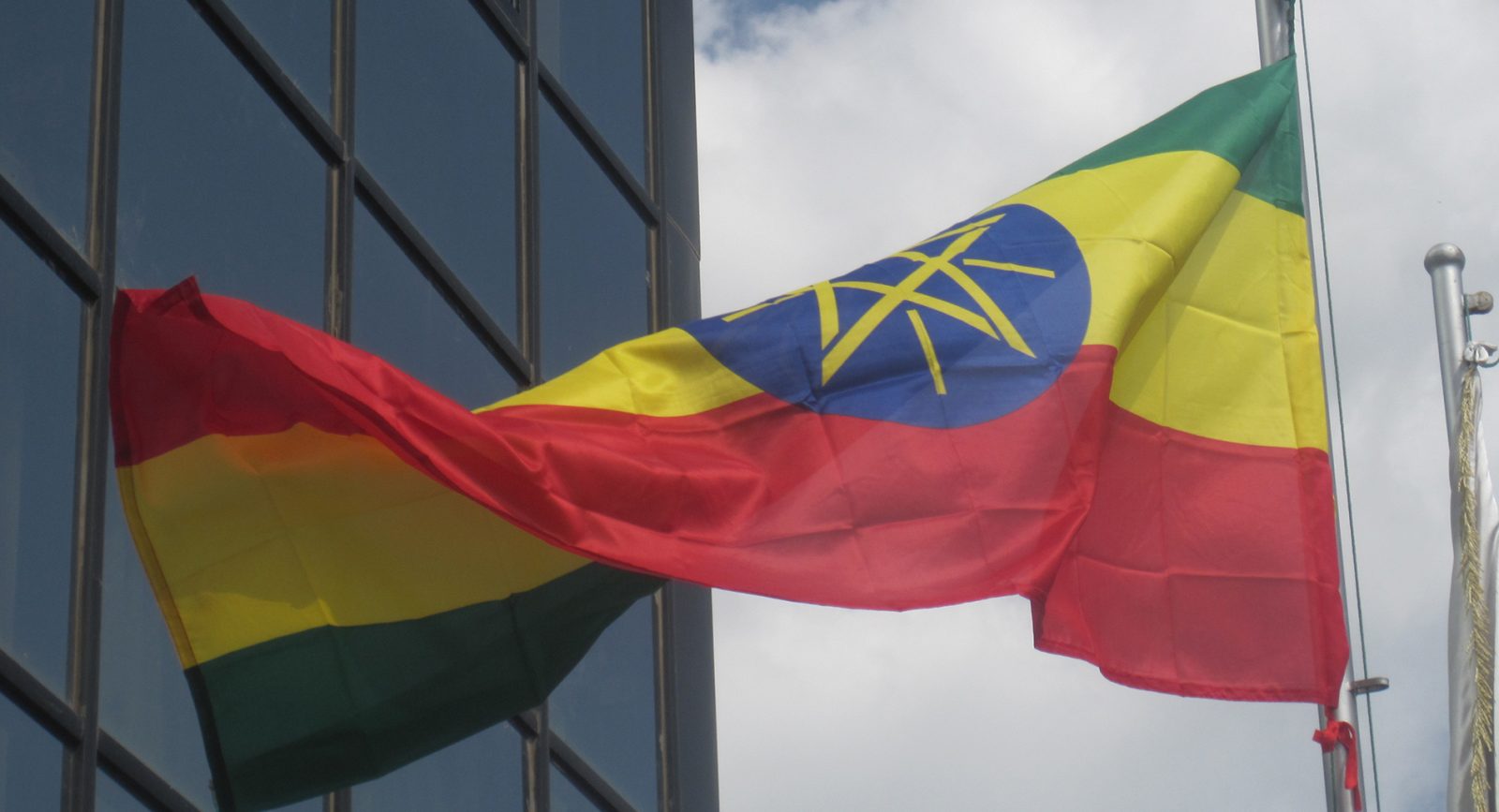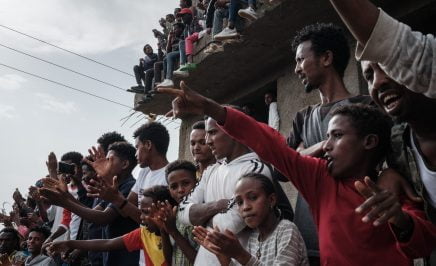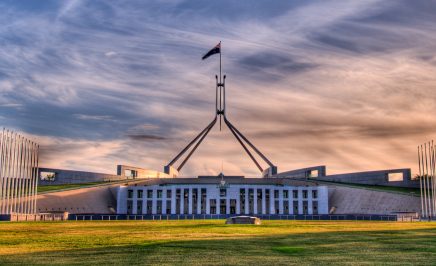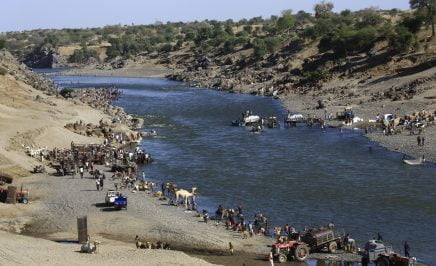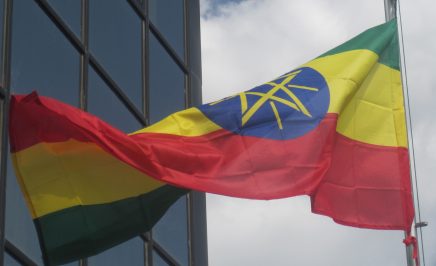Conflict in Ethiopia’s northern state, Tigray, has continued to escalate in recent weeks, with hundreds of soldiers and civilians killed and tens of thousands of refugees fleeing to nearby Sudan. The conflict involves a dispute between regional forces in the northern region of Tigray and the national government, led by Ethiopian Prime Minister Abiy Ahmed.
The military conflict began after months of escalating tensions when, on November 4 Abiy Ahmed ordered the Ethiopian Defence Forces (EDF) to militarily engage with regional forces in Tigray. Abiy Ahmed stated it was a response to multiple attacks by the Tigray security forces on the federal military base in Mekelle and other military camps in the Tigray Region.
Since then, there have been a number of armed confrontations between federal forces (Federal Army, Amhara Region’s Special Force Police and Amhara local militia) on one side and the Tigray regional forces (Tigray Special Force Police and militia) on the other.
There has also been news of a confirmed massacre in Mai Kadra, a town in the South West Zone of Ethiopia’s Tigray Region on the night of 9 November, where scores of casualties have been recorded. However, due to an ongoing internet shutdown, information about victims of the massacre has been difficult to verify.
Who is involved in the conflict?
The conflict has roots in an ongoing feud between regional leaders in Tigray, known as the Tigray People’s Liberation Front (TPLF), and the federal Ethiopian government, led by Prime Minister Abiy Ahmed and based in Addis Ababa.
Ethiopia is largely split into 10 semi-autonomous states based along ethnic lines. Tigray is one of these regions in the far north of Ethiopia. Despite having a population which only makes up 6% of Ethiopia’s 110 million population, the TPLF has held a dominant position in federal politics until 2018.
The TPLF originally came to power in 1991 after toppling the military dictatorship that had ruled Ethiopia throughout the 1970s and 1980s. In 1991, the TPLF emerged as leader of a coalition of four ethno-regional parties which then governed Ethiopia, until they were replaced by Abiy Ahmed in 2018 after a series of anti-government protests. Soon after Abiy Ahmed came to power, members of the TPLF accused Abiy of unfairly removing them from government positions and targeting them in corruption prosecutions. In 2019, the TPLF withdrew from Abiy’s Prosperity Party, a coalition of ethnically based parties each in control of their own region. After this, the tension between the federal government, and the TPLF escalated and despite Abiy’s government postponing national elections due to the coronavirus pandemic, the TPLF held their own regional elections in September.
Following these elections, Abiy declared the newly elected Tigray government unlawful and in response Tigray said it no longer recognised Abiy’s administration. All-out conflict began on November 4 when Abiy ordered the Ethiopian Defence Forces (EDF) to militarily engage with regional forces in Tigray, after accusing the TPLF of attacking a federal military base in Mekelle.
What are the main human rights concerns?
Since the conflict began more than 25,000 Ethiopian refugees have fled to neighbouring Sudan. A telecommunications blockout, and restricted access to transport routes have obstructed the access of aid groups to civilians and refugees, while also blocking information about the conflict reaching international media.
There have also been reports of over 600 civilians killed in a massacre in the town of Mai Kadra in western Tigray on November 9. Amnesty International’s Director for East and Southern Africa Deprose Muchena said: “We have confirmed the massacre of a very large number of civilians, who appear to have been day labourers in no way involved in the ongoing military offensive. This is a horrific tragedy whose true extent only time will tell as communication in Tigray remains shut down”.
What does Amnesty want to happen?
Amnesty International is calling on all parties to the conflict to prioritise the protection of civilians, and to grant access to human rights monitors and humanitarian organisations.
